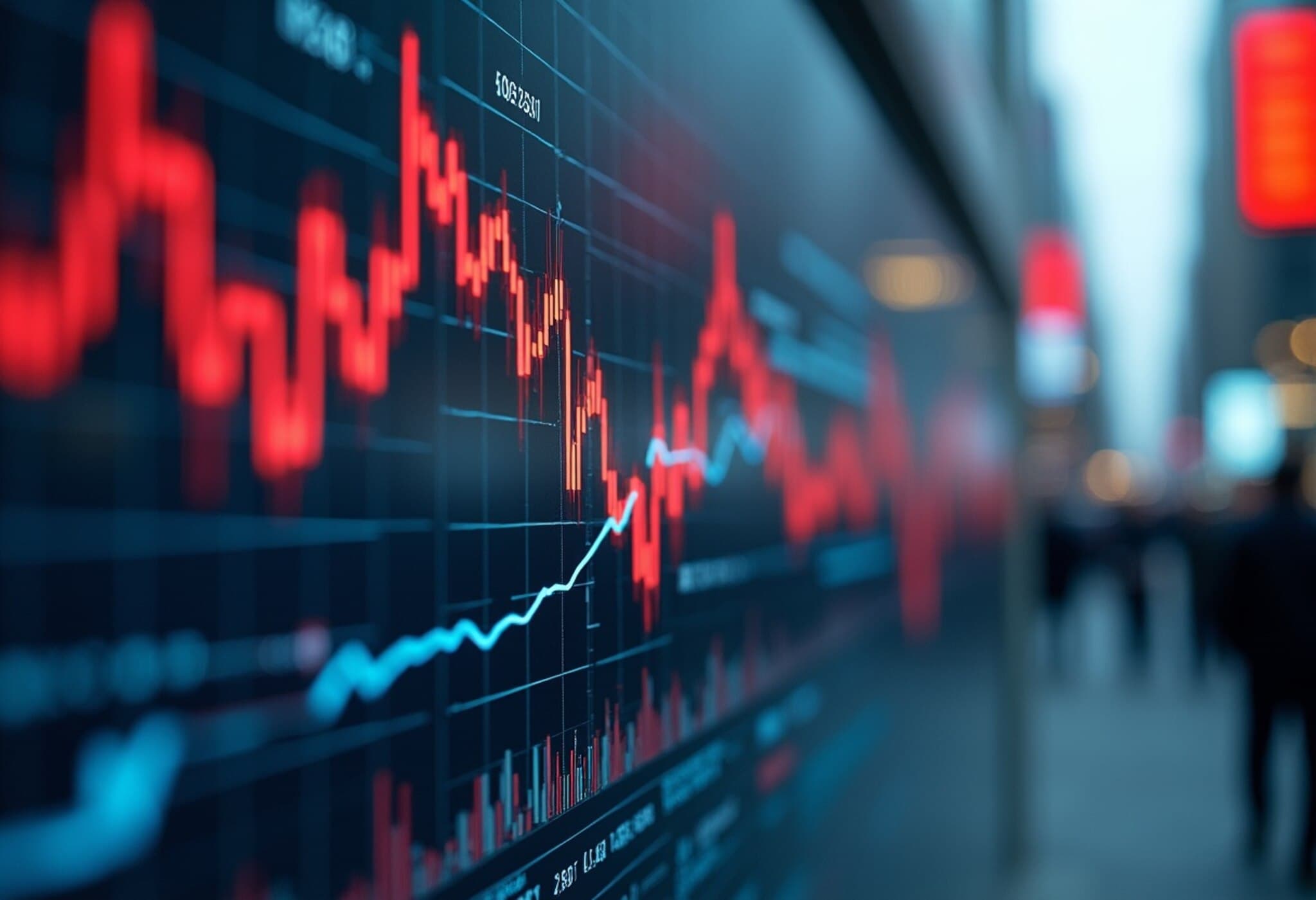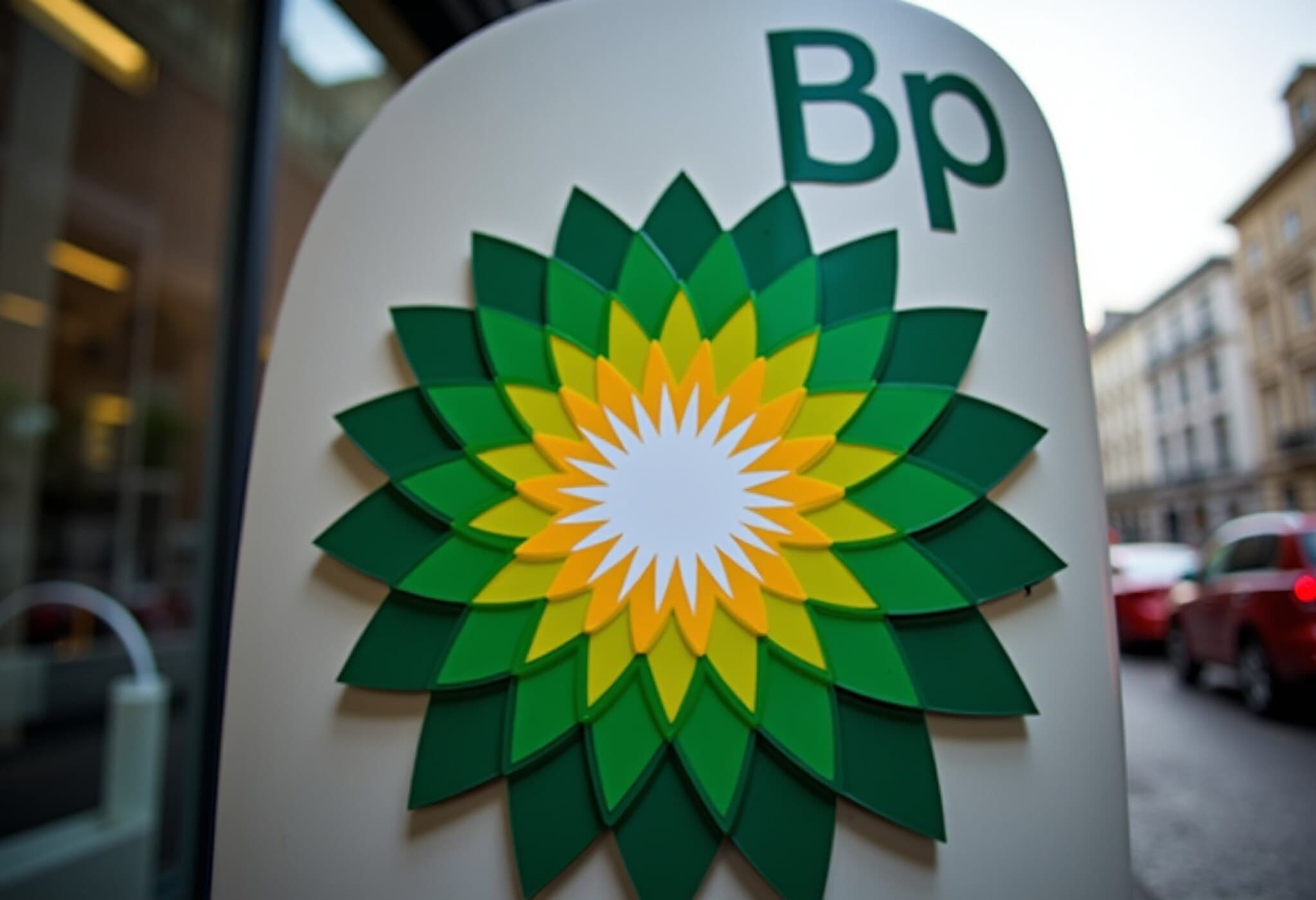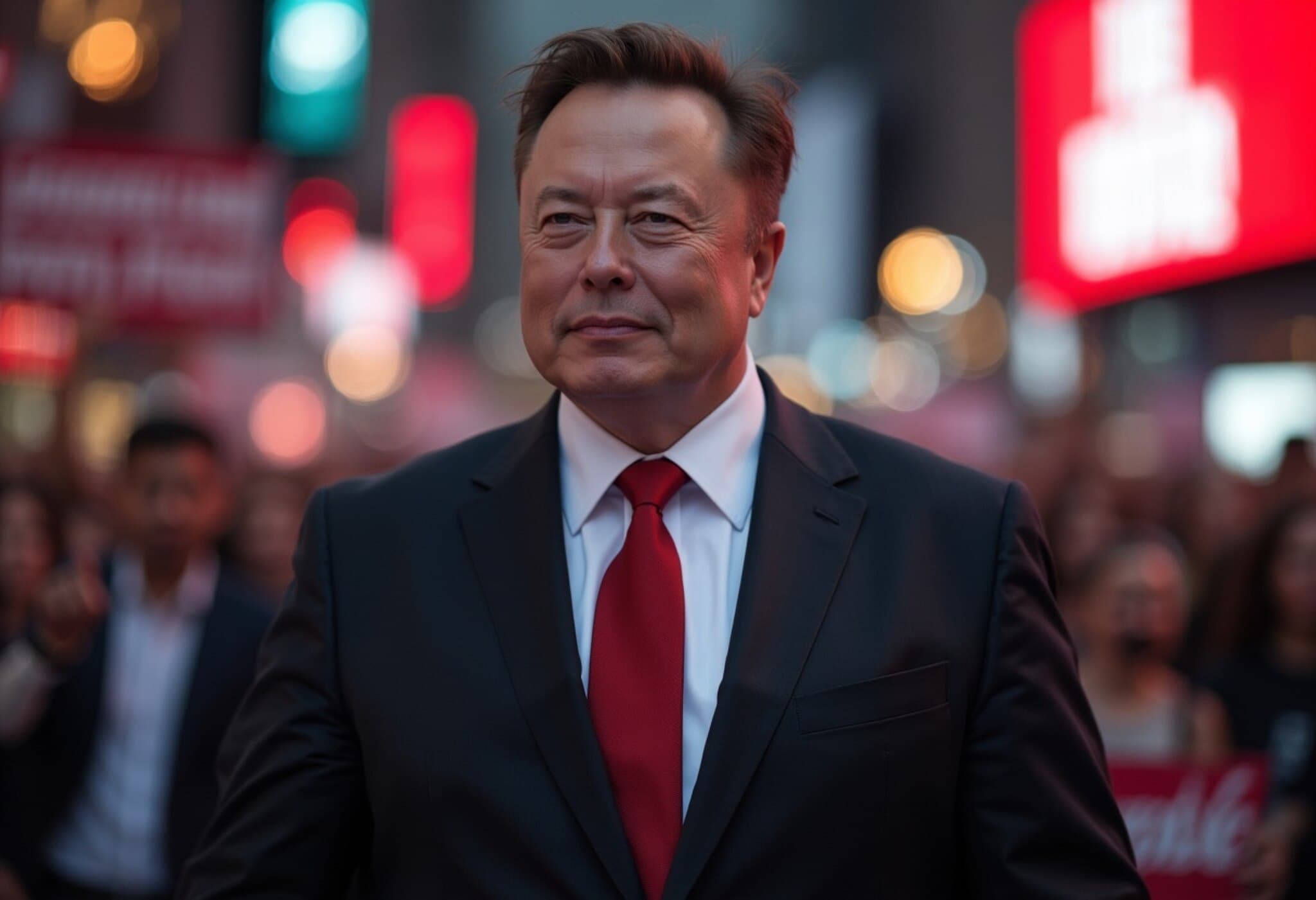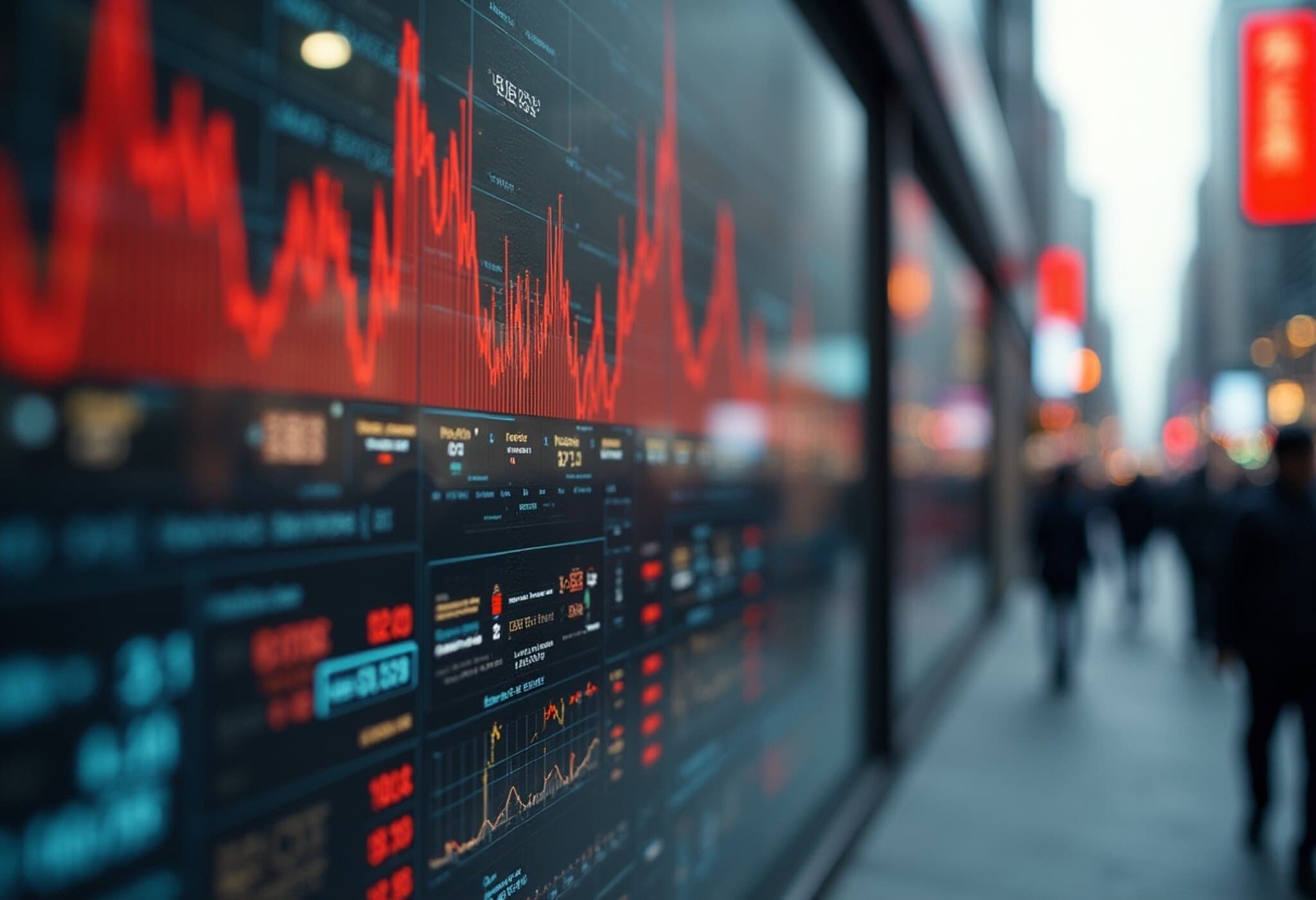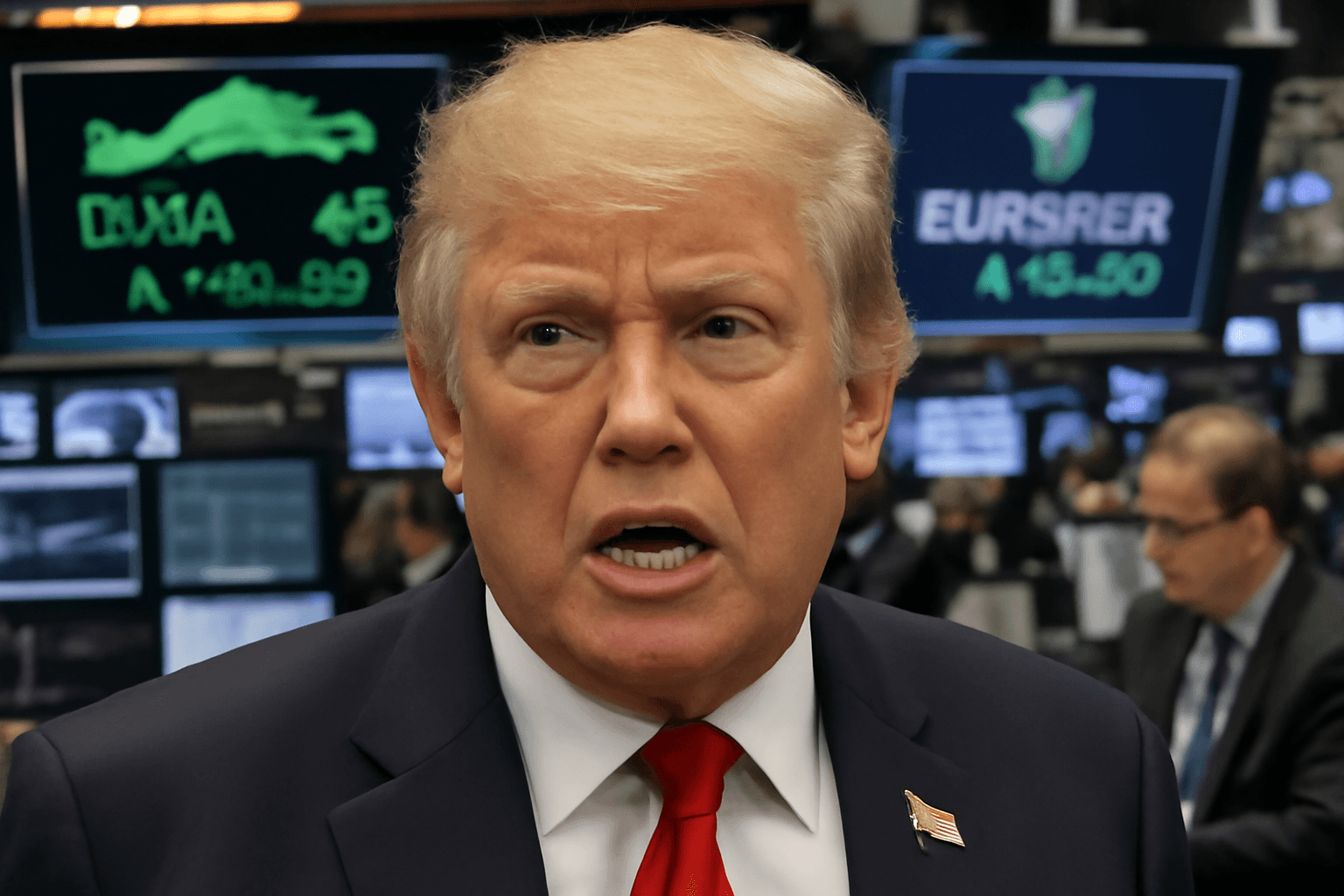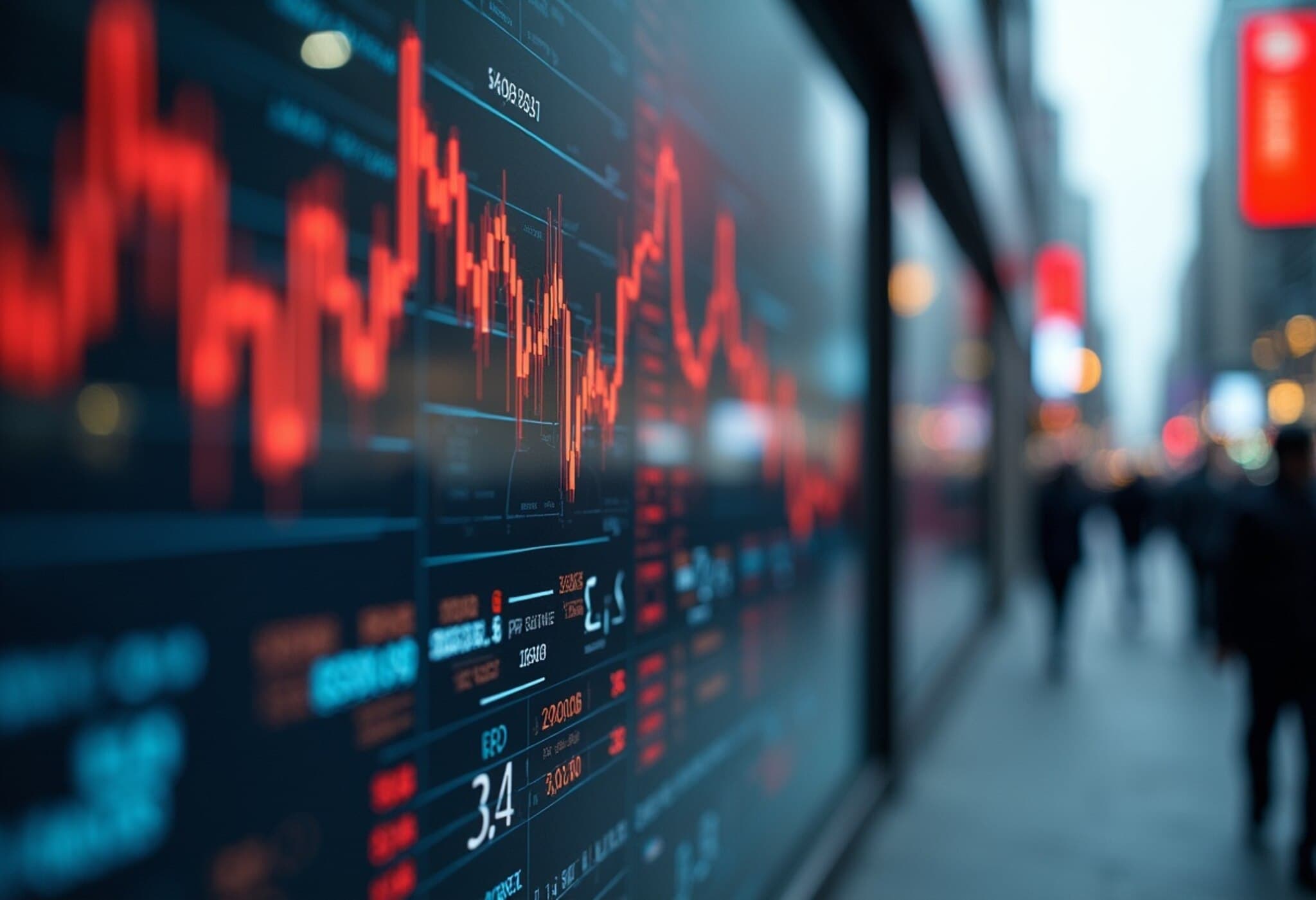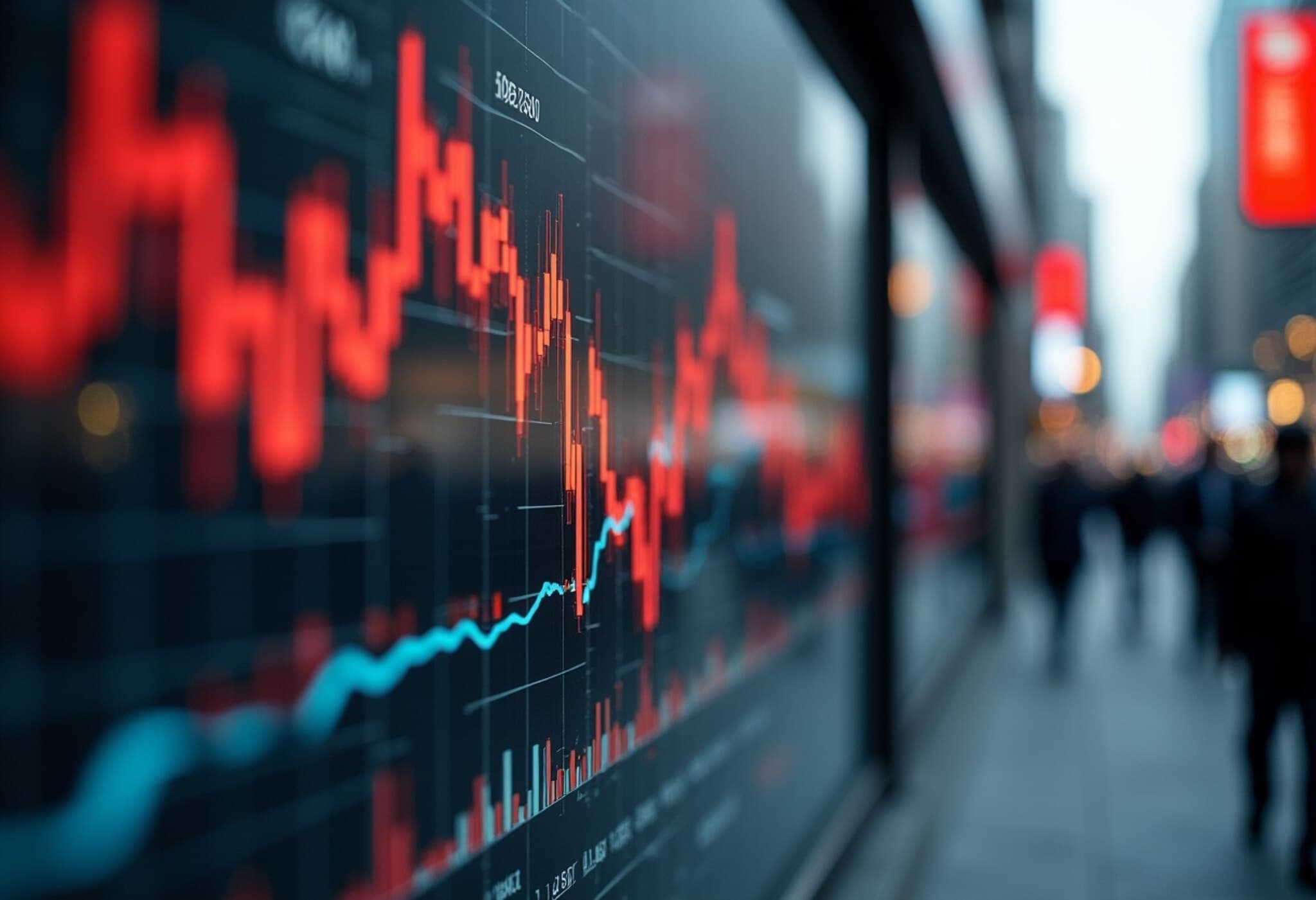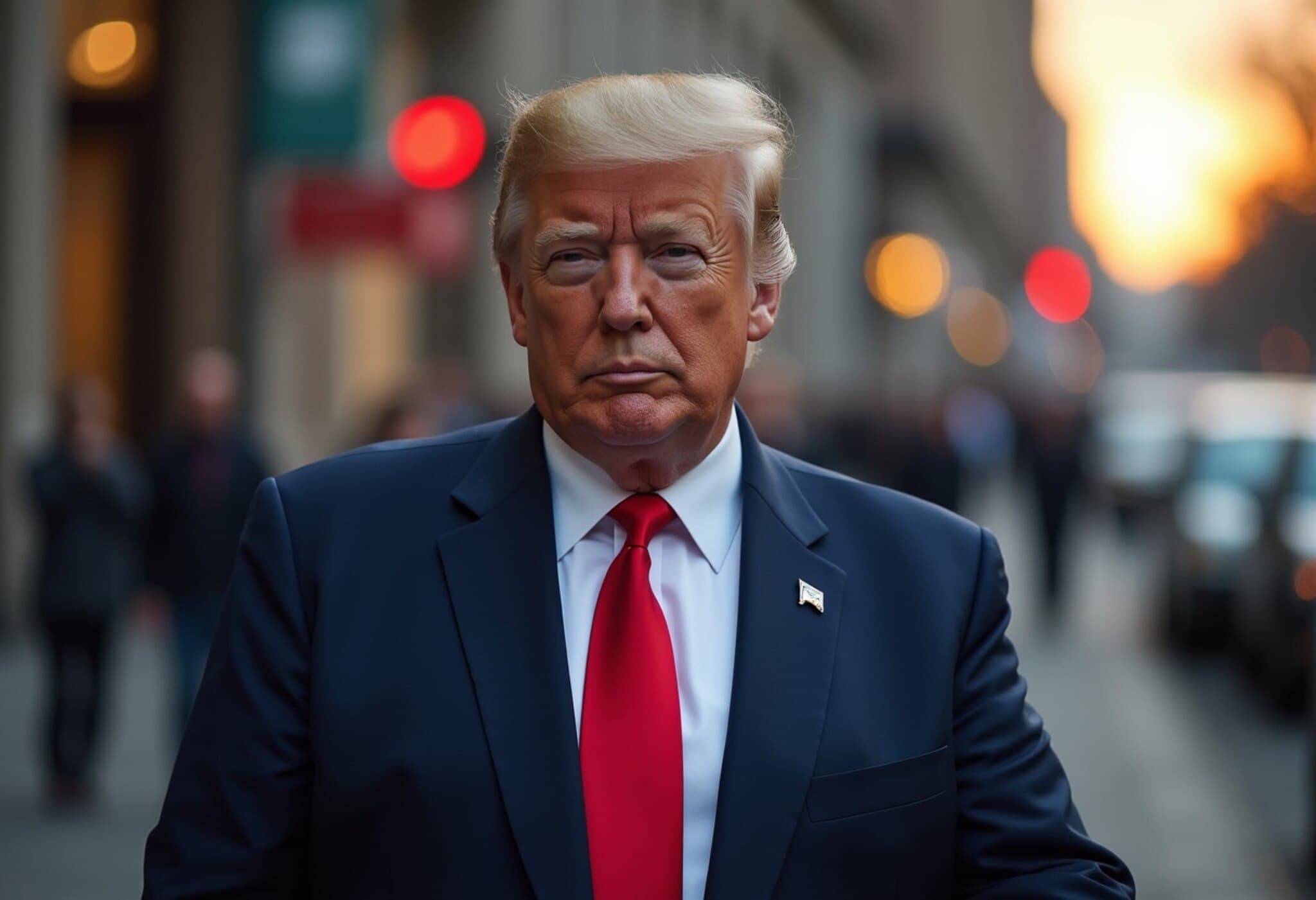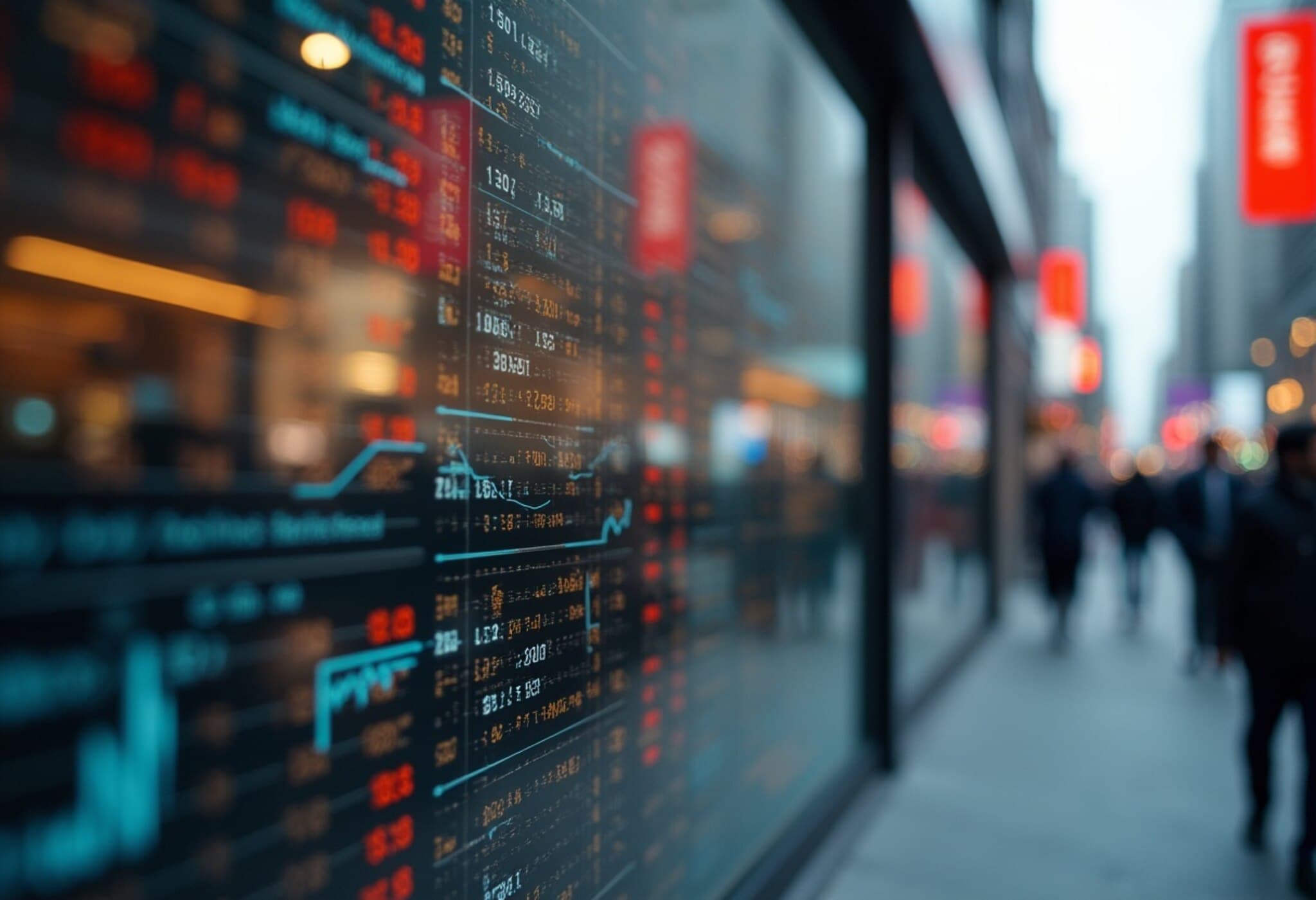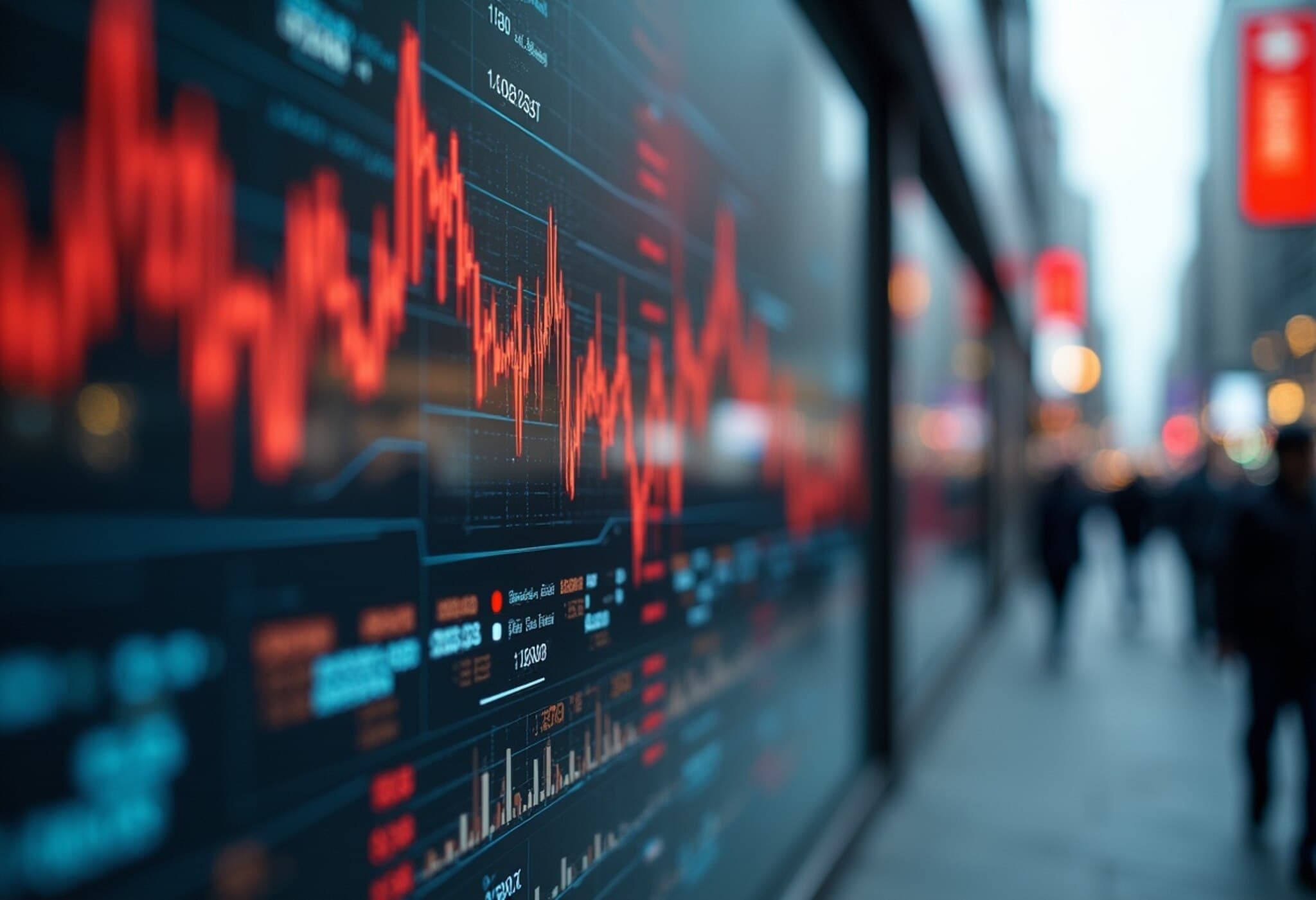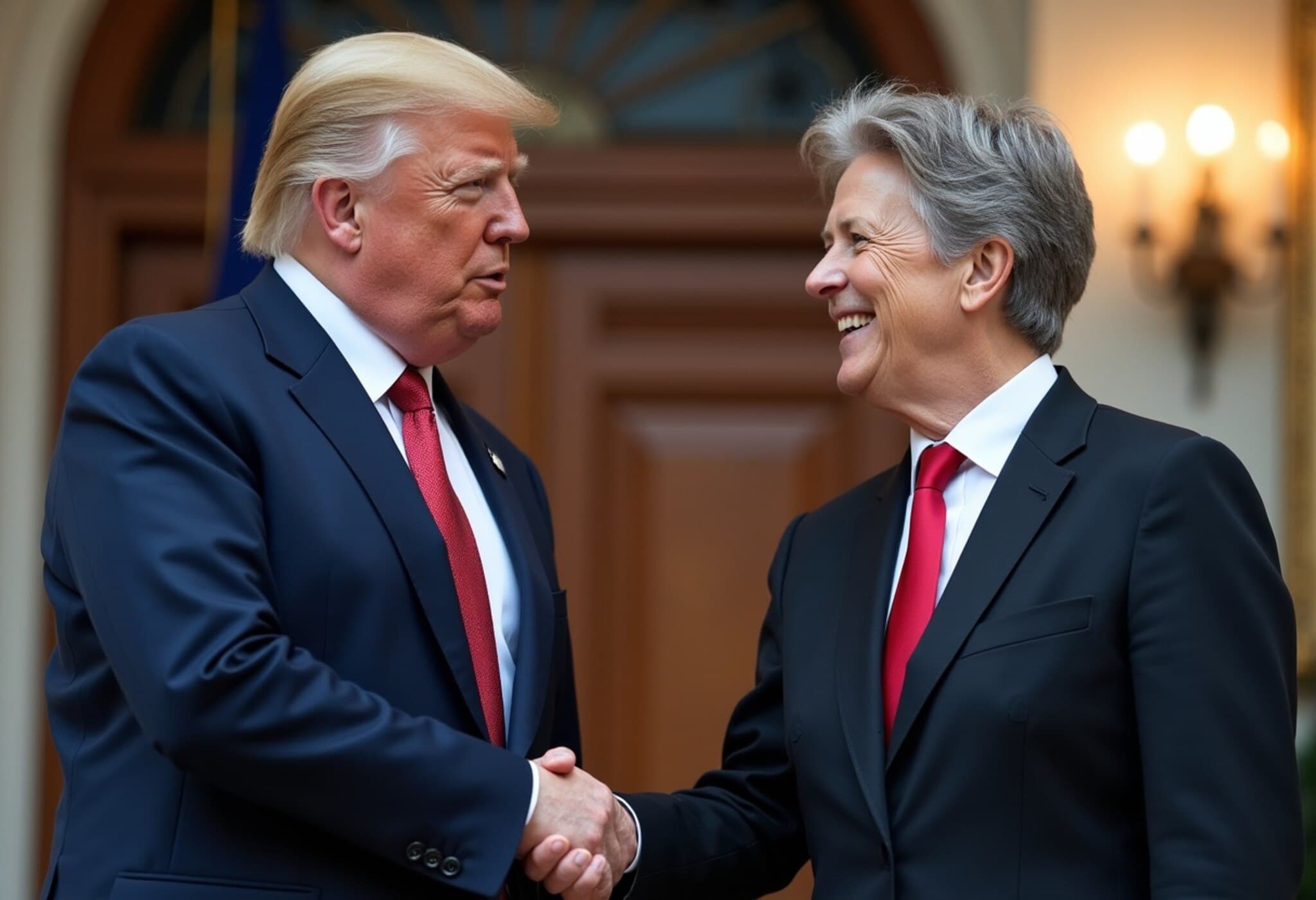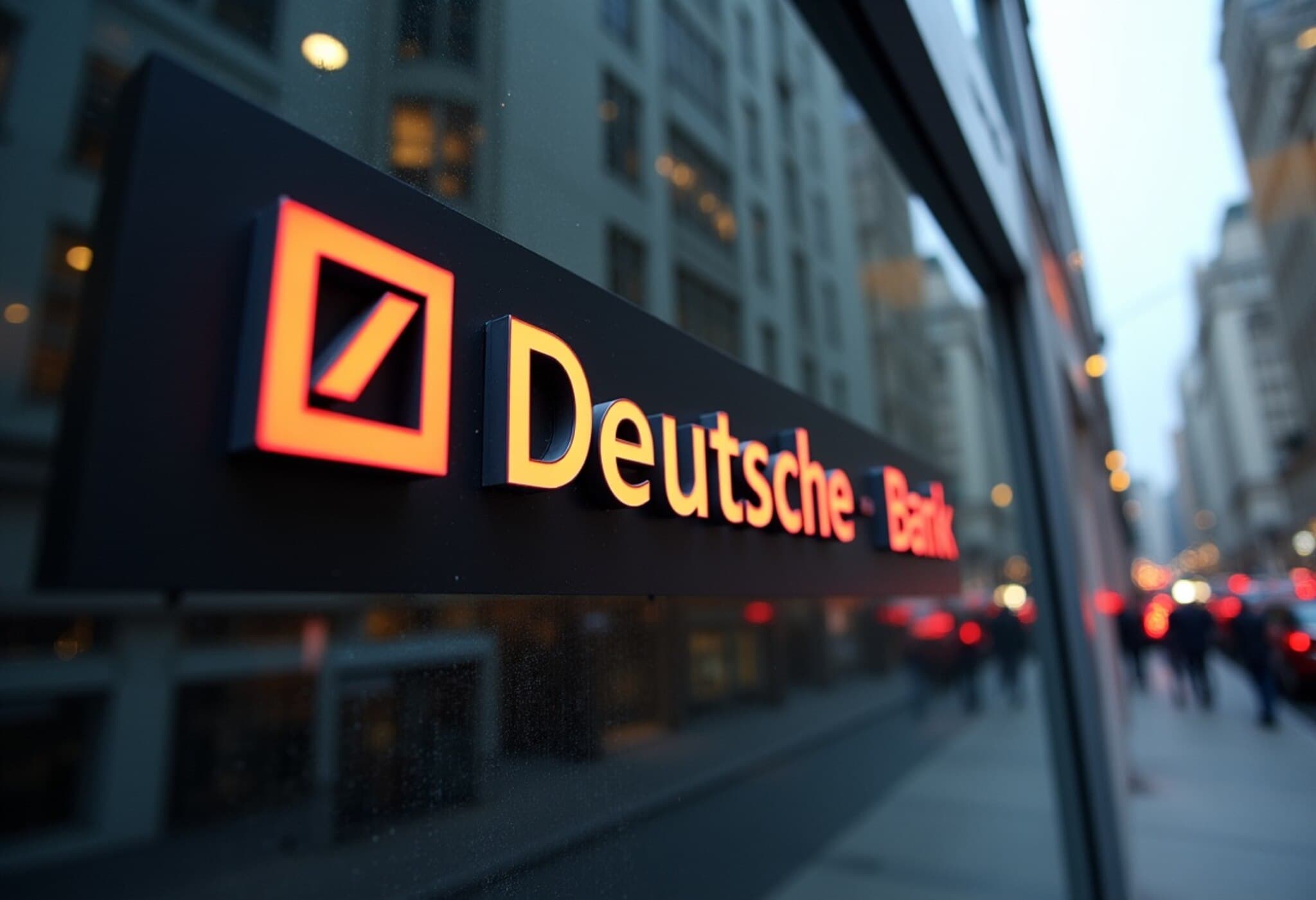European Stocks Poised for Gains on U.S.-EU Trade Deal Optimism
European financial markets are showing signs of enthusiasm as investors anticipate a breakthrough in the long-awaited trade agreements between the United States and the European Union. Futures indicate promising starts for major indices: London's FTSE 100 is expected to open 0.4% higher, France’s CAC 40 could climb 1.3%, Germany’s DAX 1.1%, and Italy’s FTSE MIB around 1.24%.
This uptick follows reports from the Financial Times that suggest the two global economic giants are inching closer to finalizing a comprehensive trade deal, which has fomented renewed confidence across regional equities.
Deutsche Bank Surpasses Profit Expectations Despite Currency Headwinds
Germany’s banking heavyweight, Deutsche Bank, surprised analysts with a robust second-quarter profit of €1.485 billion ($1.75 billion), exceeding forecasts of €1.2 billion. This turnaround marks a stark contrast to the previous year's second quarter, when a €143 million loss was recorded largely due to legal provisions linked to its Postbank acquisition.
However, Chief Financial Officer James von Moltke acknowledged the challenges posed by the euro’s strength against the dollar, calling it "the big thing flowing through our numbers". Managing such currency shifts remains a pivotal focus as Deutsche Bank targets its full-year goals amid mixed performance in its investment banking division.
Luxury and Energy Sectors Face Diverging Fortunes
Moncler's Sales Dip Amid Tourist Slowdown and Tariff Pressures
Italian luxury brand Moncler saw a modest 2% drop in second-quarter revenues—to €396.6 million—driven primarily by weakened international tourism flows impacting key markets like the U.S. and China. Despite solid domestic demand, the brand highlighted ongoing global economic headwinds and has adjusted prices upwards to offset increased tariff costs, a move emblematic of retail’s delicate balance in a shifting geopolitical landscape.
TotalEnergies Registers Profit Decline Due to Lower Commodity Prices
French energy behemoth TotalEnergies reported a 23% year-over-year decrease in second-quarter adjusted net income, landing at $3.6 billion. The drop reflects softer crude oil and liquified natural gas prices across global markets.
The company reassured investors with plans to continue its $2 billion share buyback program in Q3, underlining confidence in long-term value creation despite short-term revenue pressures.
Banking and Consumer Goods: Solid Performance Amid Uncertainty
BNP Paribas confirmed a positive forecast following a robust Q2 revenue of €12.6 billion, fueled by growth in its commercial and personal banking sectors. The French lender anticipates accelerating revenues in the latter half of 2025 as economic conditions evolve.
Nestlé, the global food and beverage giant, outperformed expectations with a 2.9% increase in first-half organic sales. Strategically leveraging price rises to counteract inflationary pressures in coffee and cocoa inputs, Nestlé maintained its 2025 growth targets despite acknowledging heightened macroeconomic uncertainties.
Global Trade Advances: U.K. and India Set to Sign Landmark Deal
In a significant geopolitical development, the United Kingdom prepares to sign its first comprehensive free trade agreement with India during Prime Minister Narendra Modi’s official visit to London. Officials project this deal will inject nearly £5 billion ($6.8 billion) into the British economy.
The agreement aims to dramatically lower India’s tariffs on U.K. goods from 15% to 3%, while enhancing market access for Indian manufacturers in the U.K.—a move that could reshape bilateral trade flows and bolster economic ties within the broader context of post-Brexit trade diversification strategies.
Central Bank Policy and Market Data on the Horizon
All eyes are fixed on the European Central Bank, which is widely expected to maintain existing interest rates amid ongoing evaluation of the unpredictable tariff environment. Today’s economic calendar is packed, featuring earnings releases from corporate heavyweights including Roche, Nokia, Lloyds Banking Group, and LVMH, alongside key European economic indicators like the flash Purchasing Managers’ Index and Germany’s GfK consumer confidence data.
Understanding the Bigger Picture
These developments underline a delicate balance in global markets: cautious optimism fueled by advancing trade agreements and robust corporate earnings, offset by persistent macroeconomic challenges such as currency volatility, geopolitical tensions, and inflationary pressures. Stakeholders, from policymakers to investors, must navigate these shifts judiciously to sustain growth and stability.
What Lies Ahead?
- Will the U.S.-EU trade deal materialize soon enough to sustain market momentum?
- How will multinational corporations adjust pricing and supply strategies amidst evolving tariffs?
- Can central banks maintain policy steadiness while inflation and geopolitical uncertainties persist?

